Hope, She Wrote – Being Authentic: Aligning Your Walk With Your Talk
Written by H, Posted in Christian Living, Published Work, Uncategorized
My name is Hope, so it should come as no surprise that by nature I’m a relatively positive person. My cup is almost always overflowing, however there are definitely days when I would definitely rather hide out and hibernate than exude encouragement and expectation like my namesake.
Case in point? It’s funny, because one of my recent columns was about finding inspiration, and there were a few days in the past week or two where I was lacking in that department. One of my coworkers and I were discussing this very thing, and she made the comment, “go back and read your column!” That (coupled with some other experiences from the past couple of weeks) really got me thinking about the difference between talking the talk and walking the talk.
I always find it so frustrating when people say one thing, but they do another, or when someone professes certain beliefs, but their lifestyle completely contradicts their claims. Ironically, though, (talk about the mote and the beam) I’m just as guilty of this in my own life. It’s pretty easy for me to write down encouraging words, but sometimes taking my own advice can be a different story all together.
We might have the very best of intentions, but people looking at our lives don’t see our intentions – they see our actions. That’s why authenticity is so important. Sure, authenticity starts with intention, but the follow-through is what makes it real – when you put your genuine self into action – and this can be a scary thing, because let’s be honest, authenticity makes us vulnerable.
So how can we become more authentic? Well, as someone who’s trying, let me share – it’s a major understatement to say that being authentic can be challenging. Here are a few ways I’m learning to live a more authentic life:
- Know your values and align your actions. My beliefs might be very different from yours, however we all believe in something, and I base my value system off my beliefs. Sure, that means sometimes I make decisions that are “dorky” or perhaps even “uncool”, but I’d way rather be authentic than try to fit in by betraying my beliefs and being untrue to who I am. Why do you believe what you believe, and on what foundation are your ideals truly based?
- Surround yourself with the right people. This can be a difficult one, but it’s key! It’s way easier for others to drag you down than it is for you to lift them up. And while we can all be used to have an impact in the lives of those around us, ultimately it’s important to surround yourself with people who want the best for you, and who will help you and encourage you to live a fulfilled life.
- Recognize when you’re being inauthentic – also known as insincere, fake, unreal. What situations cause your walk to stray from your talk? Recognize when you find yourself being insincere, and think about why you’re acting and not being authentic. Unfortunately, peer pressure has power, people. [Sidebar: When you’re facing peer-pressure, just remember, if your friends are truly your friends, they won’t condemn you or judge you for making choices that might be different from theirs – they’ll respect you for standing up for what you believe in. And if they don’t, well… maybe reevaluate those relationships.]
Aligning your walk with your talk and being authentic has some pretty uplifting benefits – like a weight being lifted from your shoulders, there’s something so powerful being purposed in your choices, and living with an expectation based on your hope.

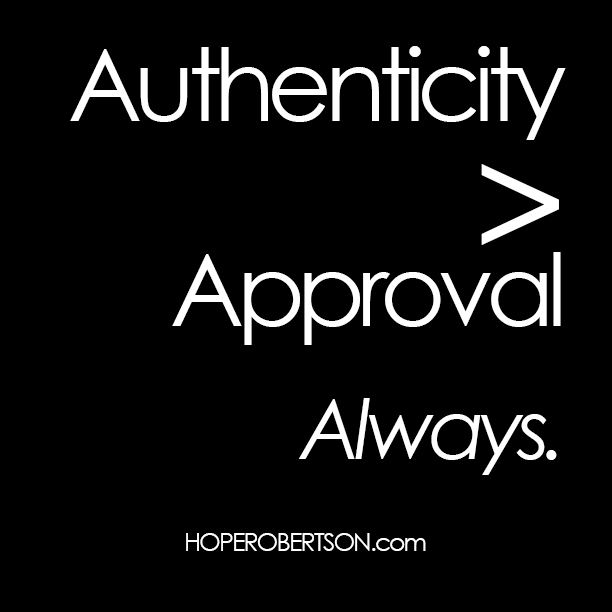
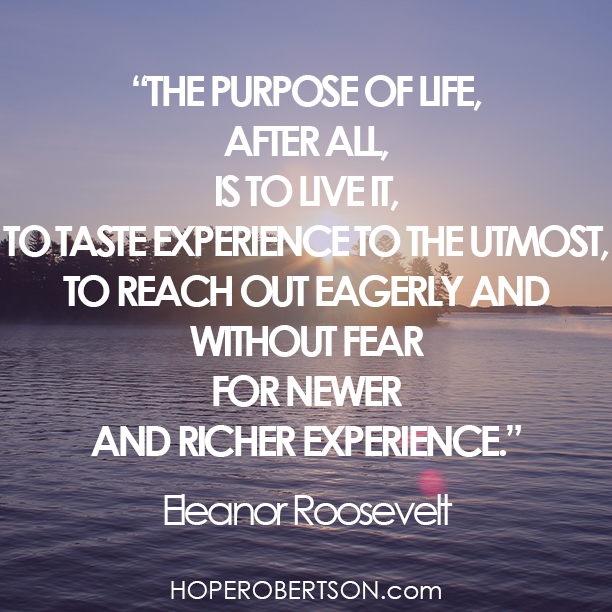

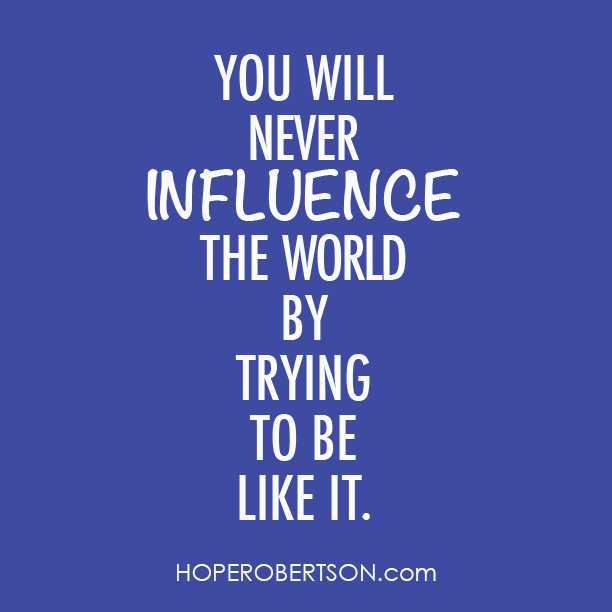
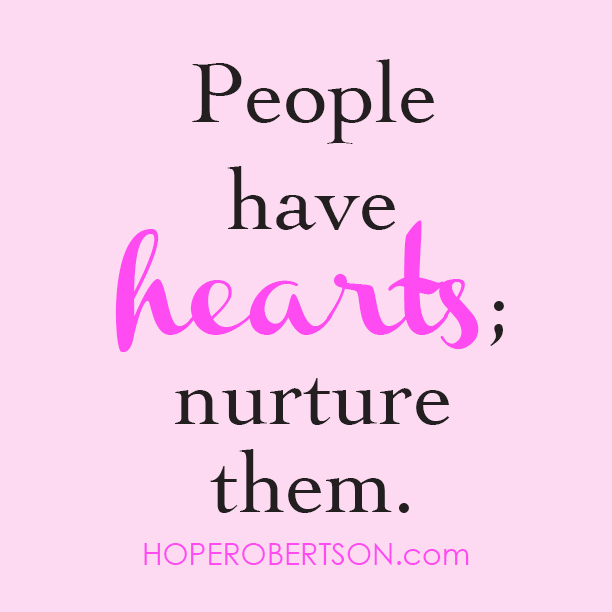

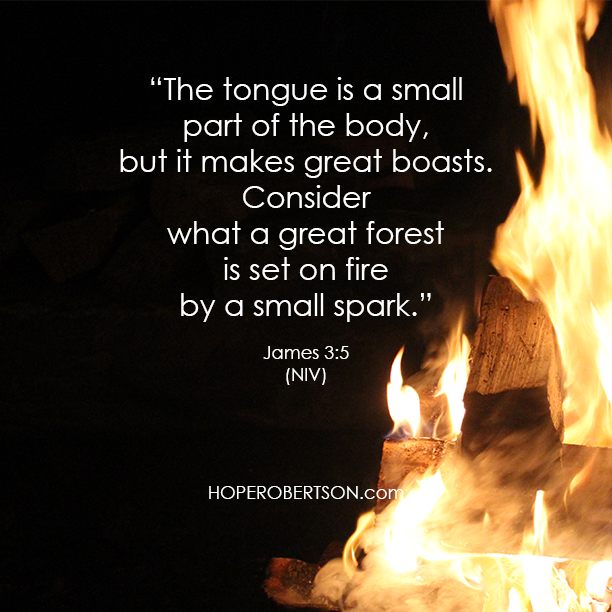

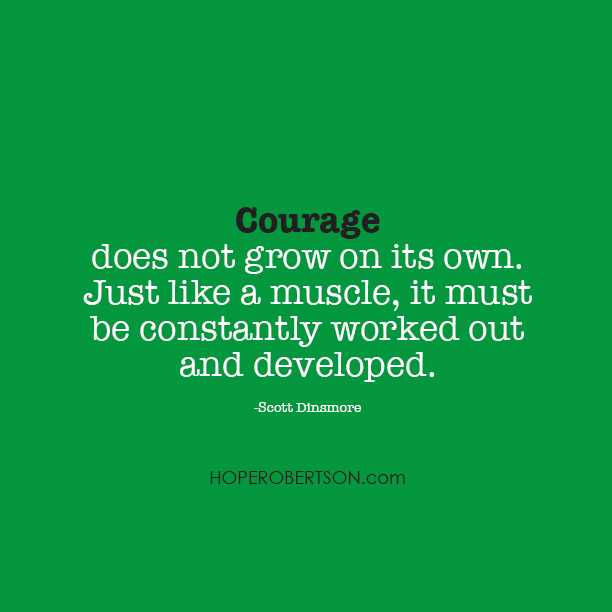
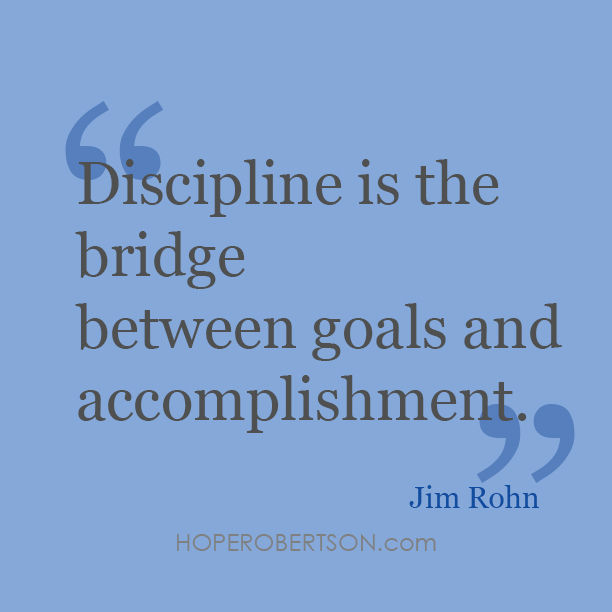

![False friends or counterfeit kindness; whatever you want to call it, the world is filled with people who will say one thing to your face and then another behind your back; people who will woo you in order to get something from you.
It’s sad, but it’s true.
The Bible provides us with examples from Joab to Judas, and yet, we’re surprised when we find ourselves deceived and hurt by someone else.
So what are some of the hallmarks of a true friend?
You can read more about this on hopereflected.com [Link in profile]
.
.
.
#friends #friendship #kindness #counterfeitkindness #hurt #proverbs #truefriends #hopereflected #blog #blogpost](https://www.hopereflected.com/wp-content/plugins/instagram-feed/img/placeholder.png)